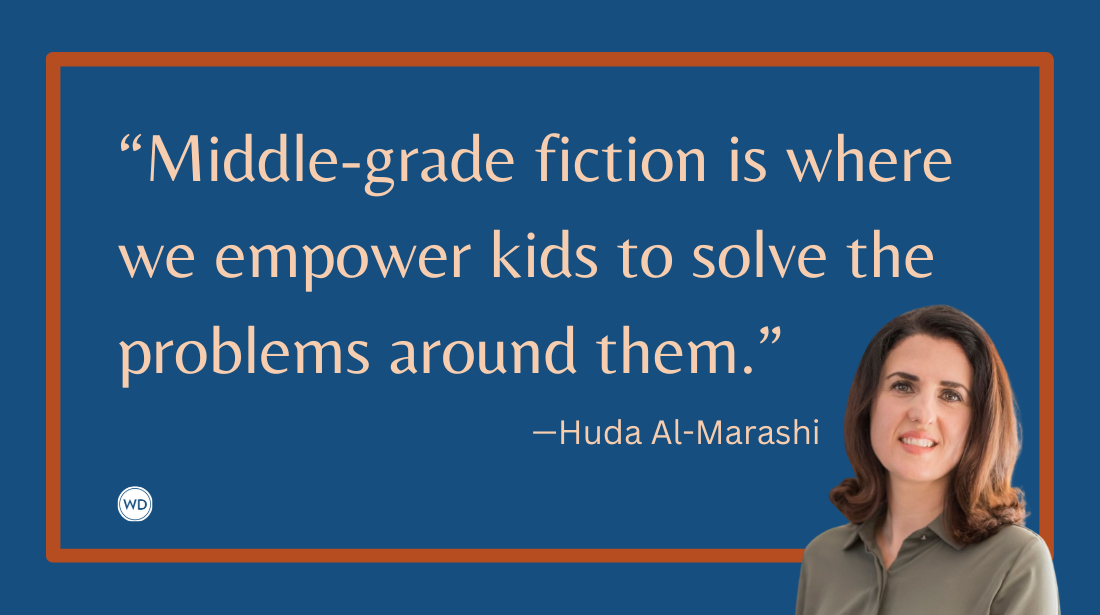A Writer’s Hammer
Author Jude Berman discusses whether and when writers should consider hammering home certain points and messages in their fiction.
Sometimes you need a hammer. I don’t mean in the sense Tim Hardin sang about years ago: “If I were a carpenter…” I mean if you are a writer. Today. In this world. Writers need the literary equivalent of a hammer in their toolbox. They may not always choose to use it, but they should at least have it available. Arguably they sometimes may need a sledgehammer.
To be fair, we do grant nonfiction writers the freedom to drive their points home, to “tell it like it is,” and get their message across, without mincing words. We expect them to stick to objective accounts in some contexts, but opportunities abound to provide and even push their opinions. As I’m doing here.
The problem, in my view, is that we tend to hold fiction writers to a different standard. Generally speaking, we expect them to use more delicate tools, to rely more heavily on metaphor and innuendo, to shy away from delivering too direct of a message. Even when that doesn’t necessarily serve them or their writing well.
I thought about this recently when an otherwise positive review for my novel The Die suggested I was trying too hard to push a moral or philosophical point.
I showed this feedback to a friend who’d read the book. She didn’t have the reaction I was looking for. In fact, she said a pivotal chapter could have been better had I used a “softer touch,” not let the characters spell out my message so explicitly.
A good writer, she said, always leaves it up to the reader to figure things out for themselves.
In other words, don’t rock the boat too much.
Since she’s an award-winning author, I wanted to take her words to heart. Except, the more I thought about them, the less I could. The truth is, I do want my words to rock the boat. And I can’t assume readers will always figure things out on their own.
It’s not that I doubt their ability to think for themselves. They can, and they will. And they may well disagree with me (which isn’t a problem). What I’m less certain about is whether they will bother to stop and think deeply about the message of a book they’re reading for fun, unless I’ve made the effort to hammer it home in some way.
After talking with my friend, it occurred to me we can divide writing into four broad categories:
- Factual (nonfiction)
- Pure entertainment (no message)
- Literary (subtlety required for any message)
- Thought-provoking (message required, hammer allowed)
Though I read all four of these, I’m most drawn to thought-provoking books. I chose to write The Die as metaphysical speculative fiction because I want to engage readers in personal and evocative ways that go beyond nonfiction or the pure entertainment and literary works for which any message is secondary.
This is by no means to say all writing must revolve around a message. I’m not asking you to replace your feather duster with a hammer. Writers of poetry and literary fiction can be masters of sublimity, artists of the understatement. They give readers a verbal mirror, a Rorschach inkblot of sorts, in which to find their own meanings. One mark of a good poem is that new insights arise each time you read it. A gentler rocking of the boat.
What I am suggesting is that we put overtly thought-provoking writing fully on par with literary and other forms of fiction. Centering a moral or philosophical message should be allowable when writing fiction, not a reason to denigrate the book.
It’s about knowing which tool best serves your purpose for the form of writing you choose. You don’t want to use a hammer to clean your antique china. But trying to pound in a nail with your duster won’t produce good results either.
I value the hammer in my writer’s toolbox. I also know wielding it needs to be done wisely. An overly strong message can come across as preachy or condescending. At the same time, a vague message opens the door to misinterpretation, with readers potentially taking away the exact opposite of what I intended.
Ultimately, it comes down to the quality of the writing itself. Or at least it should. A hammer can easily smash things, but you can’t create anything with it unless you also have nails. The hammer is the force behind a message; the nails are the words that form that message.
If I were a carpenter… I’d have nails of all sorts and sizes in my bag. As a writer, I can choose my verbal brads and spikes and common nails so that, when hammered in, they leave a lasting impression on readers.
Check out Jude Berman's The Vow here:
(WD uses affiliate links)









